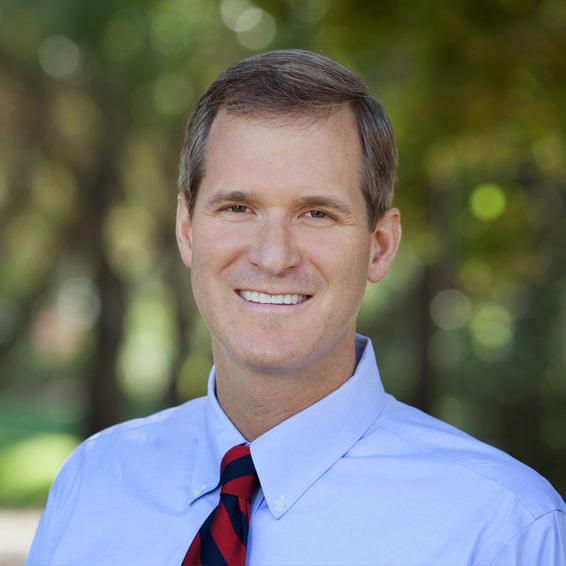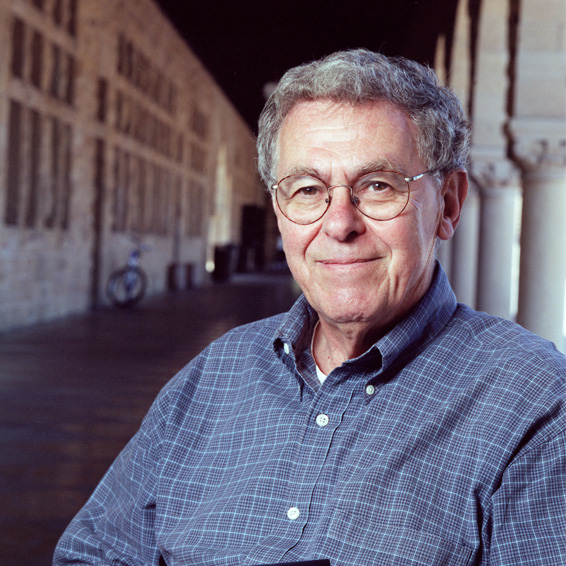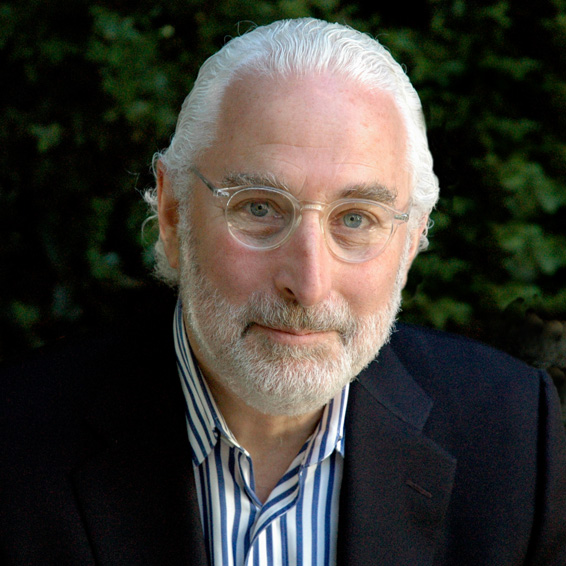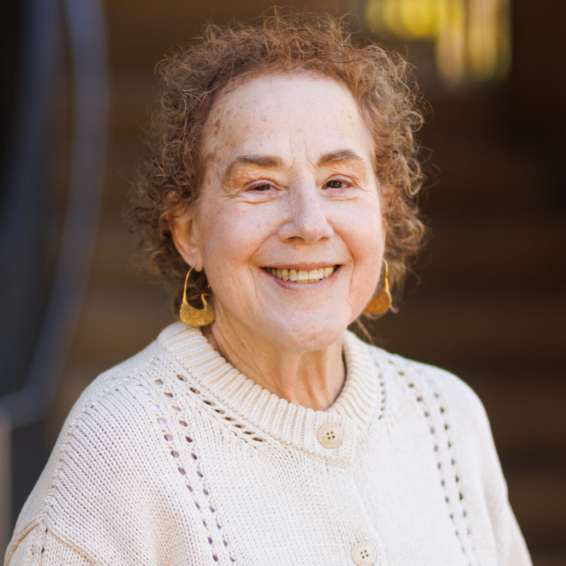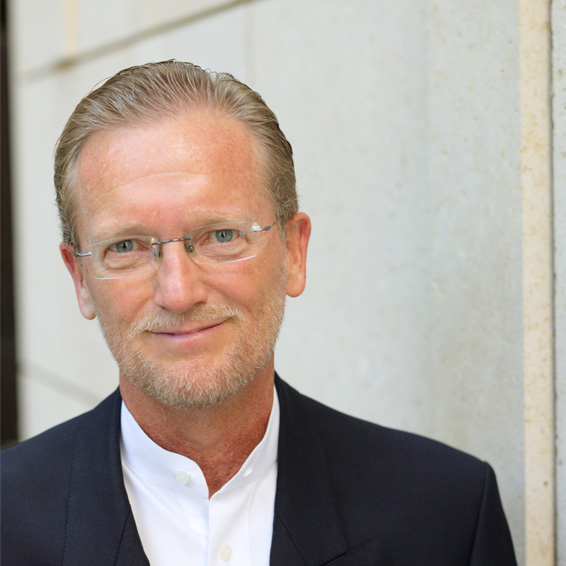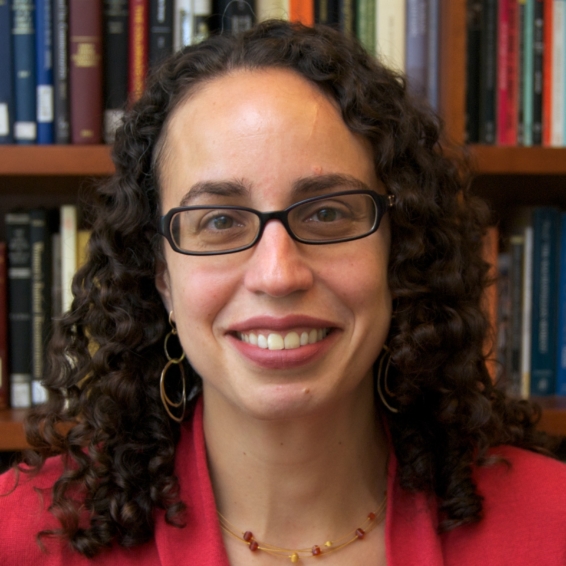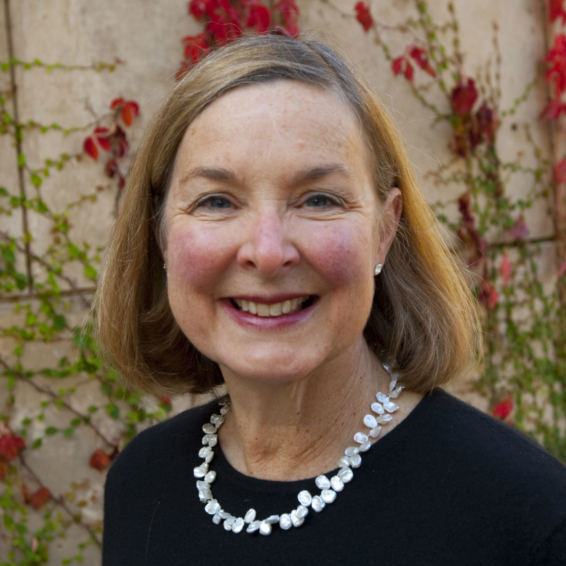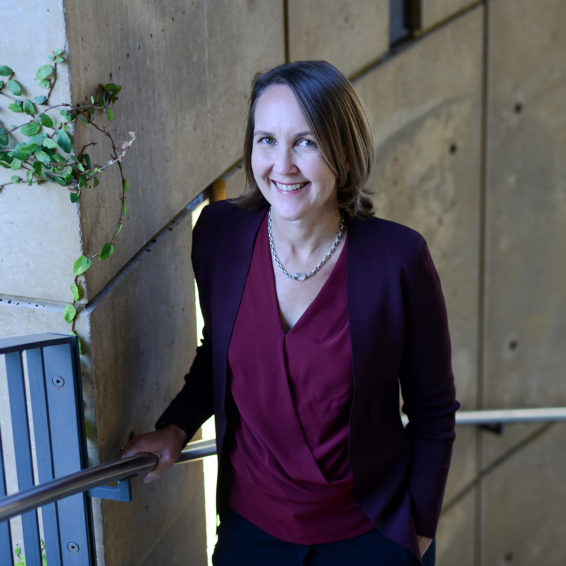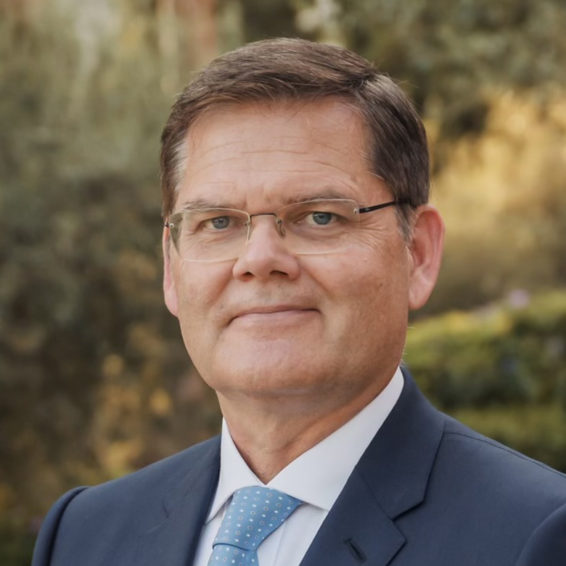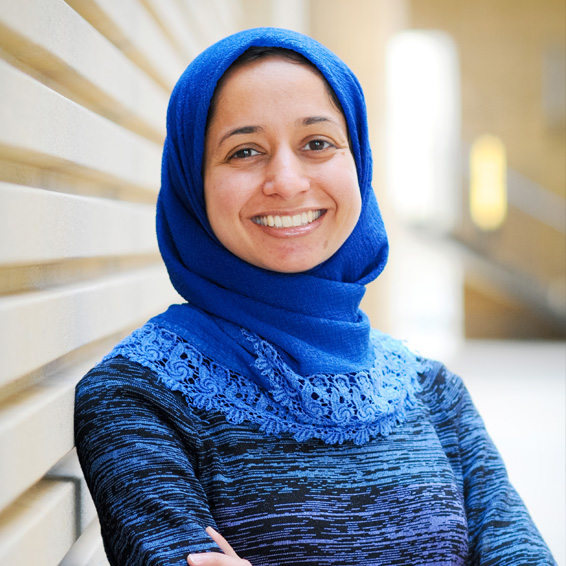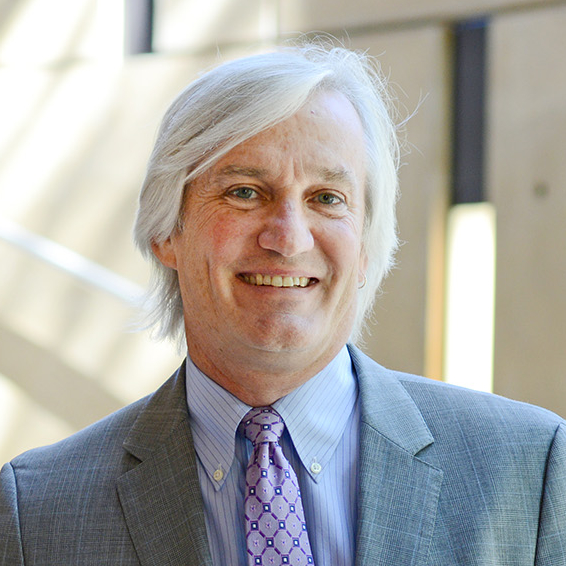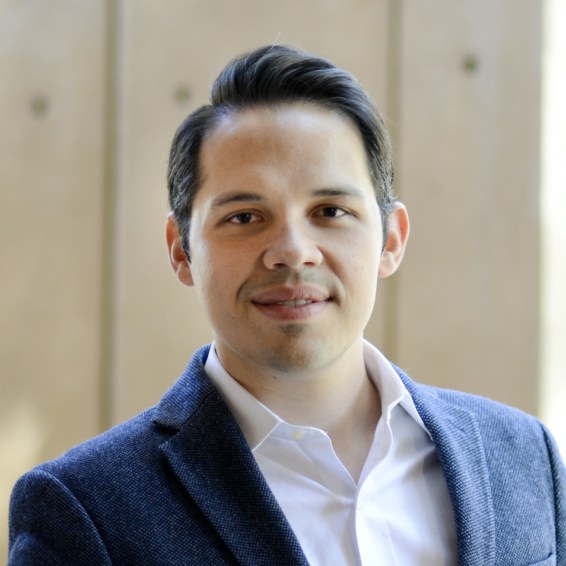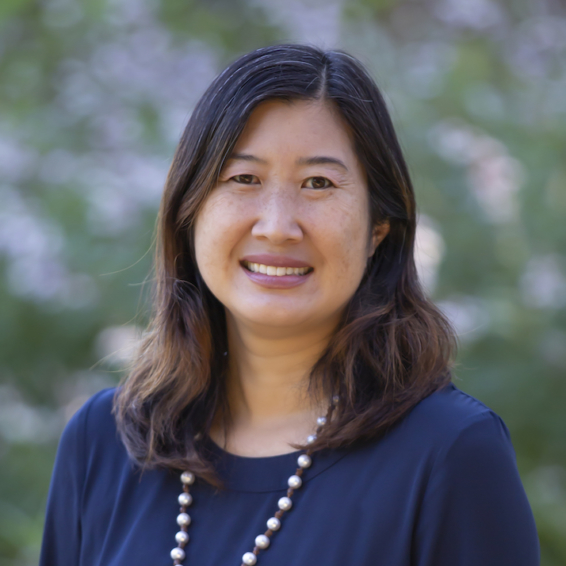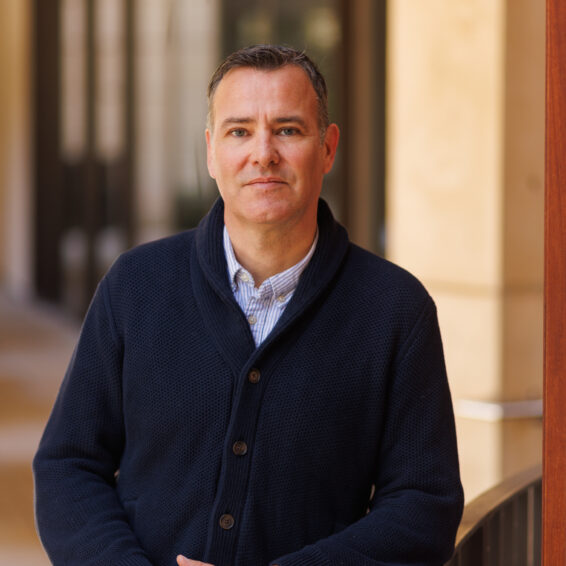International and Global Law
Today’s law graduates enter a world in which little stops at the borders between nations.
From advising on international trade and investment to practicing before tribunals, from promoting human rights to protecting intellectual property, from negotiating transnational business deals to prosecuting war crimes, from finding the balance between national security and civil liberties to resolving violent political conflicts, there is a pervasive global dimension to the work of lawyers, judges and legal scholars.
Focused equally on world-class legal scholarship and real-world developments, Stanford Law prepares you to step up to the challenge. Our approach is founded on the premise that law is a living body of rules and norms that both reflects and shapes the behavior of people, governments and organizations worldwide. We believe that world-class legal scholarship and real-world developments must go hand in hand. Building on this foundation, we prepare students to make a difference in the world throughout the world.
Our international and global law program blends the benefits of an accessible, dedicated intellectual community with the formidable resources of Stanford University, including interdisciplinary programs and research centers focused on an array of international issues. In addition to addressing the foundations of international law and the international legal order, our comprehensive curriculum explores the dramatic changes in the transnational business environment, the evolving global lawmaking and international judicial process, and the challenges of realizing global justice.
Our faculty members have produced cutting-edge research on international trade, transnational crime, terrorism, international criminal tribunals, human rights, international dispute resolution, comparative law, and the use of force. They bring in-depth experience to their research and are deeply committed to mentoring students. And dozens of Stanford Law events every year bring together faculty, students, graduate fellows, lawyers, policymakers, global business leaders, NGOs, and many others to explore key issues in global legal practice.
There’s even deeper meaning to the word “global” at SLS: We believe perspective on law’s international context is essential to every lawyer. And we are committed to providing a diverse array of opportunities for learning and immersion so that our students head out into the world with essential global competency. Whether seeking a foundation in the basic principles of international law or the expertise and insight to pursue a specialty, students find opportunities, resources, hands-on experience and inspiration at Stanford Law.
Signature Offerings
Because experience matters, SLS offers unique immersion opportunities that provide authentic global perspective, often giving you impact even before you graduate from law school.
Educational Opportunities
Practical Training
Clinical Training
Practicums
- Blue Foods for Indonesia: A Human & Planetary Health Action Lab
- Global Trends in Judicial Reforms
- Regulating Professional Enablers of Russia’s War on Ukraine
- Hot Money: Toward Effective Climate Finance and Policy in Southeast Asia
- Redesigning the Venezuelan Judiciary
- Afghan Humanitarian Crisis: Policy & Legal Pathways to Resettle High-Risk Afghans
- The Outlaw Ocean 3.0
- New International Justice Mechanisms
- Human Rights Advocacy and Campaigns
- Assessing the Impact of China’s Global Infrastructure Spending on Climate Change
- The Outlaw Ocean
- Supporting INTERPOL’s Efforts to Combat Transnational Crime
- Redesigning the Venezuelan Judiciary / The Venezuelan Constitutional Crisis
- Rethinking INTERPOL’s Governance Model
- United Nations (UNCITRAL) Arbitration Transparency Registry
- Burma: Comparative Practice on International Protection of Prisoners Standards
- What If California Had a Foreign Policy?
- Syria: Mechanisms for Limiting Transitional Presidential Powers
- UNCITRAL International Mediation Convention
- China’s Solar Industry and its Global Implications
- Constitutional Design in Libya: The Division of National & Provincial Powers
- Human Rights & Conditions of Detention in the Americas in the Inter-American System
- Preparing for Transition in Syria
- Strategic Litigation in Global Context
- Wildlife Trafficking: Stopping the Scourge
Student Organizations & Student Journals
- China Law and Policy Association (CLPA)
- International Law Society (ILS)
- International Refugee Assistance Project (IRAP)
- Law Students for Israel
- Law Students for Justice in Palestine (LSJP)
- Stanford Immigration & Human Rights Law Association
- Stanford International Arbitration Association (SIAA)
- Stanford National Security & the Law Society (SNSLS)
- Stanford Journal of International Law (SJIL)
International Public Interest and Public Service Law
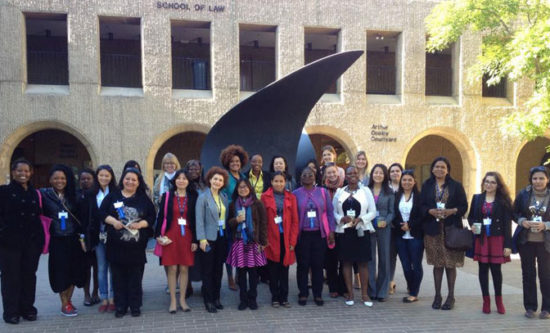
All avenues of public interest law — environmental, criminal, public health, national security, human rights — converge in the international arena. The John and Terry Levin Center serves the growing number of students who seek to understand law’s role in global social change by providing opportunities for mentorship, career counseling and connections to leaders and organizations engaged in human rights and rule of law work abroad. Offering additional resources, the International Public Interest Law Foundation (SPILF) enables like-minded students to connect and work together for greater impact.

